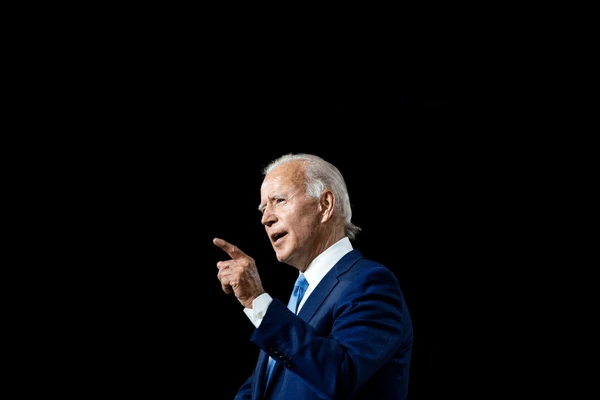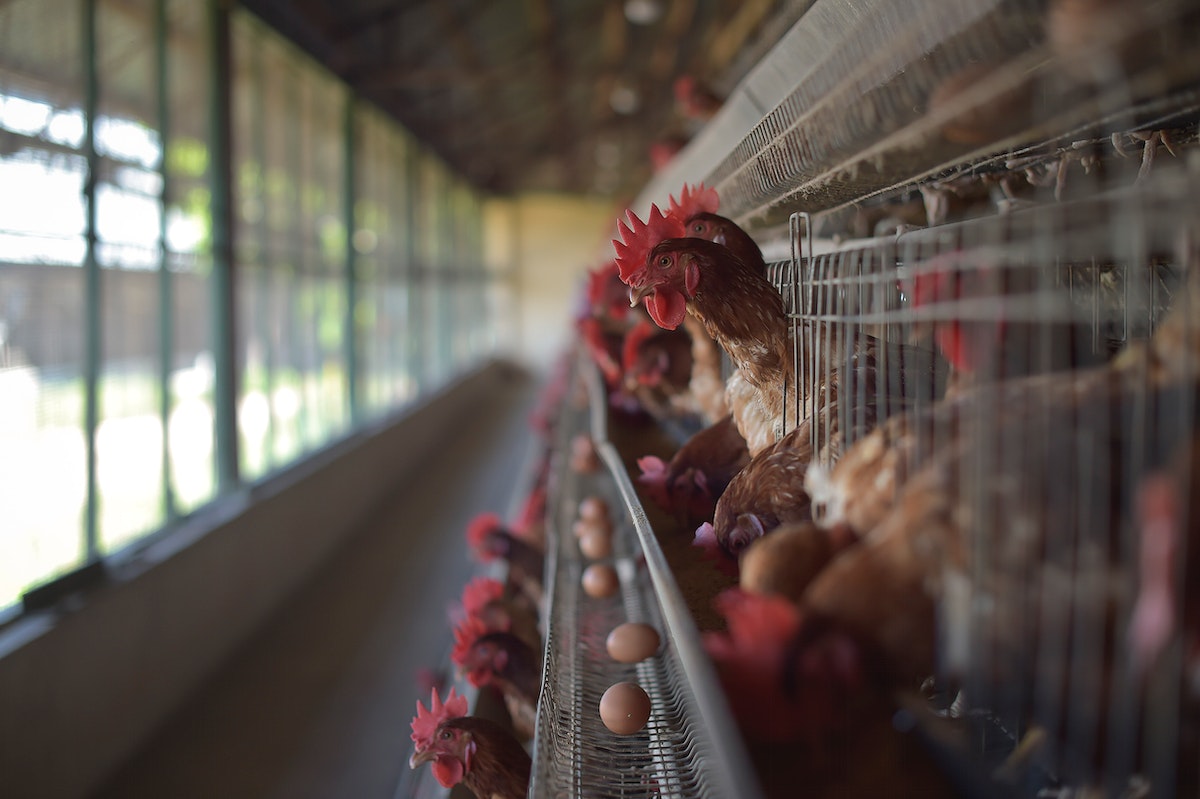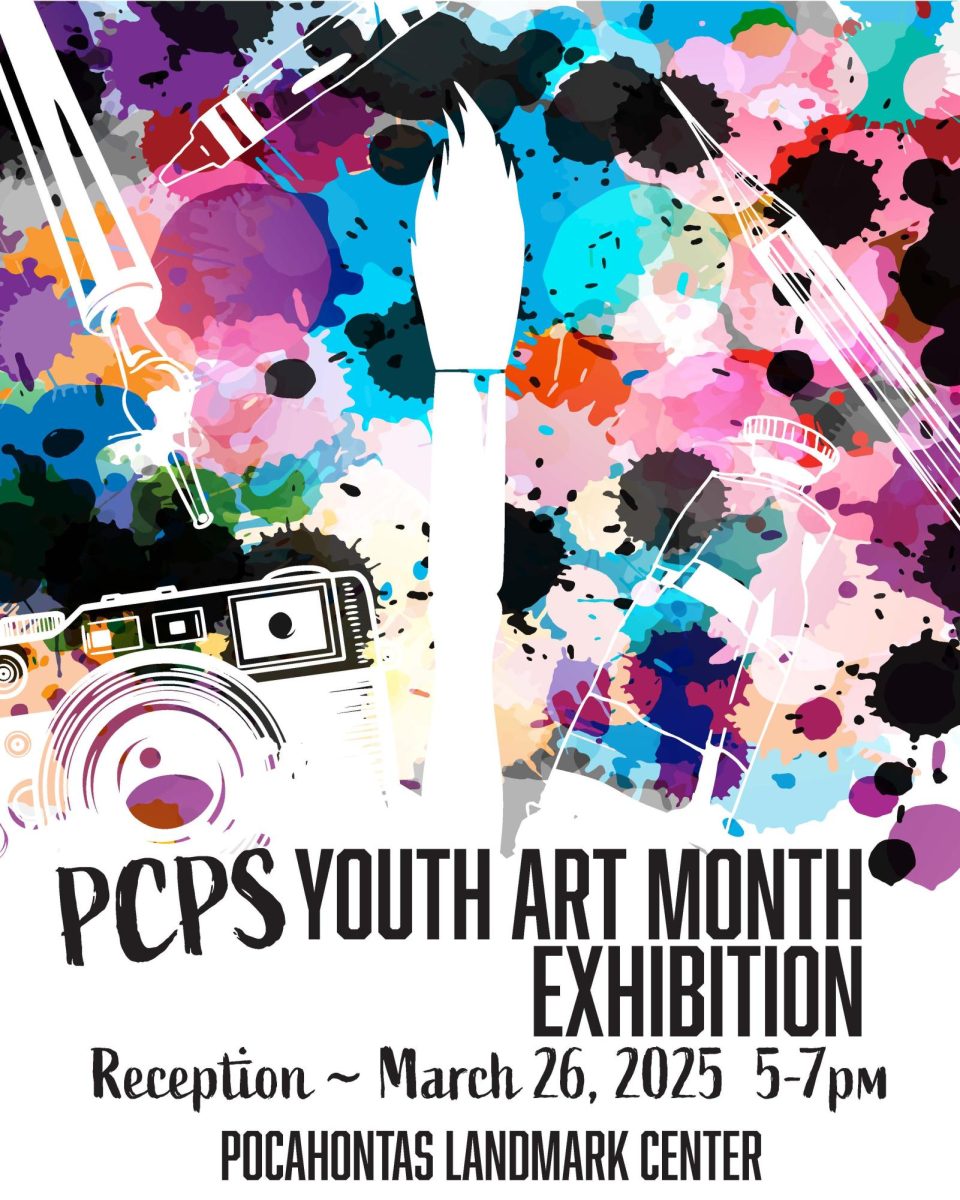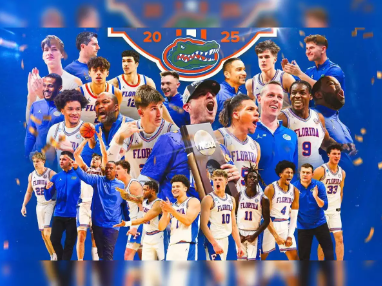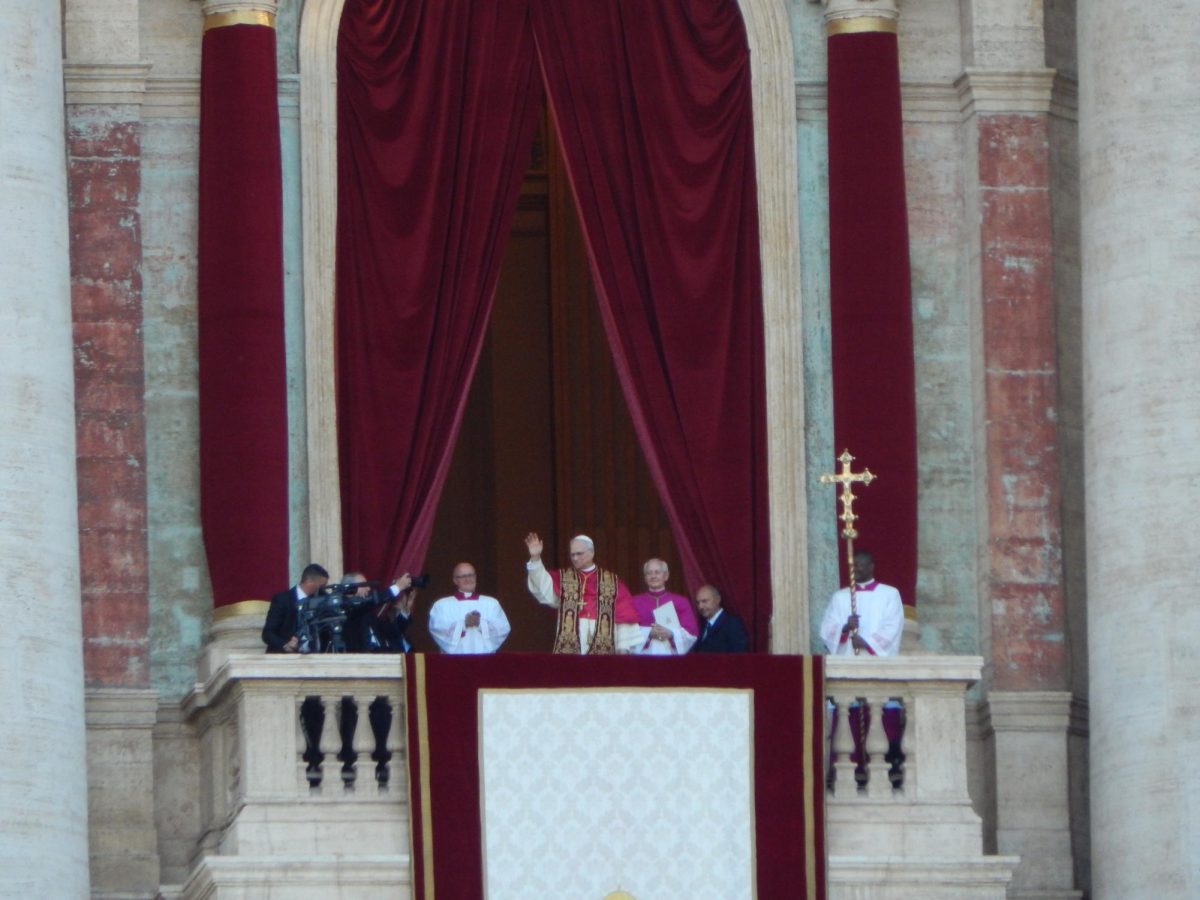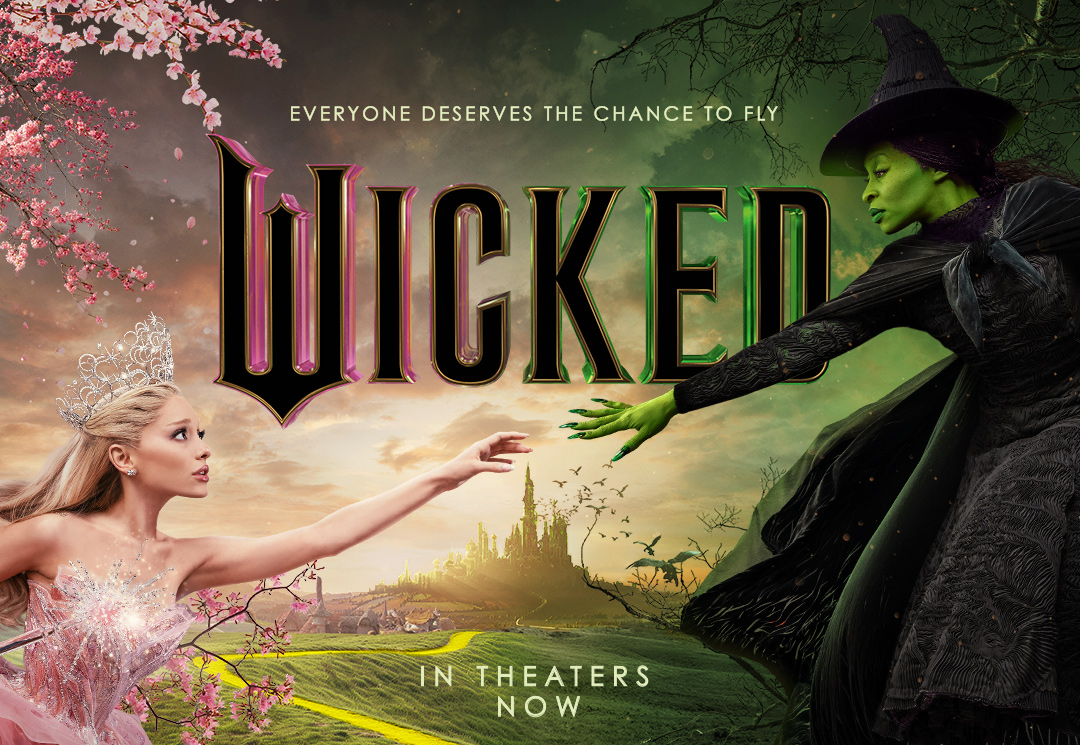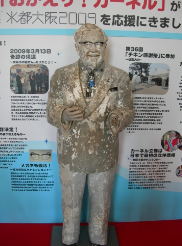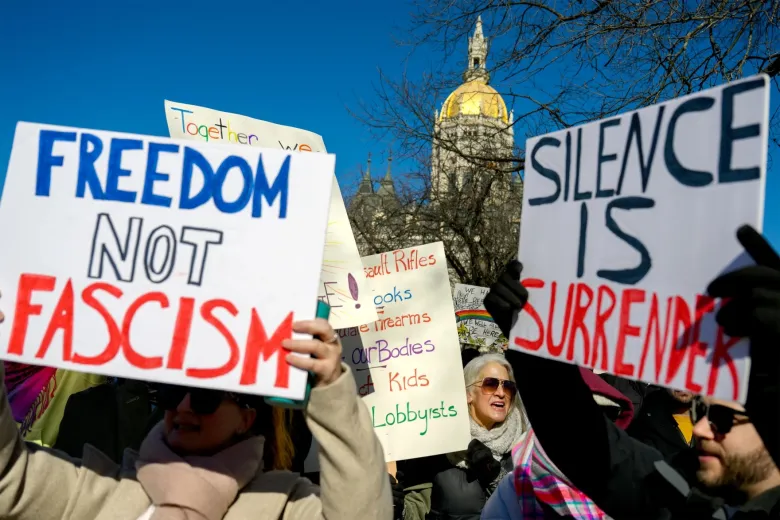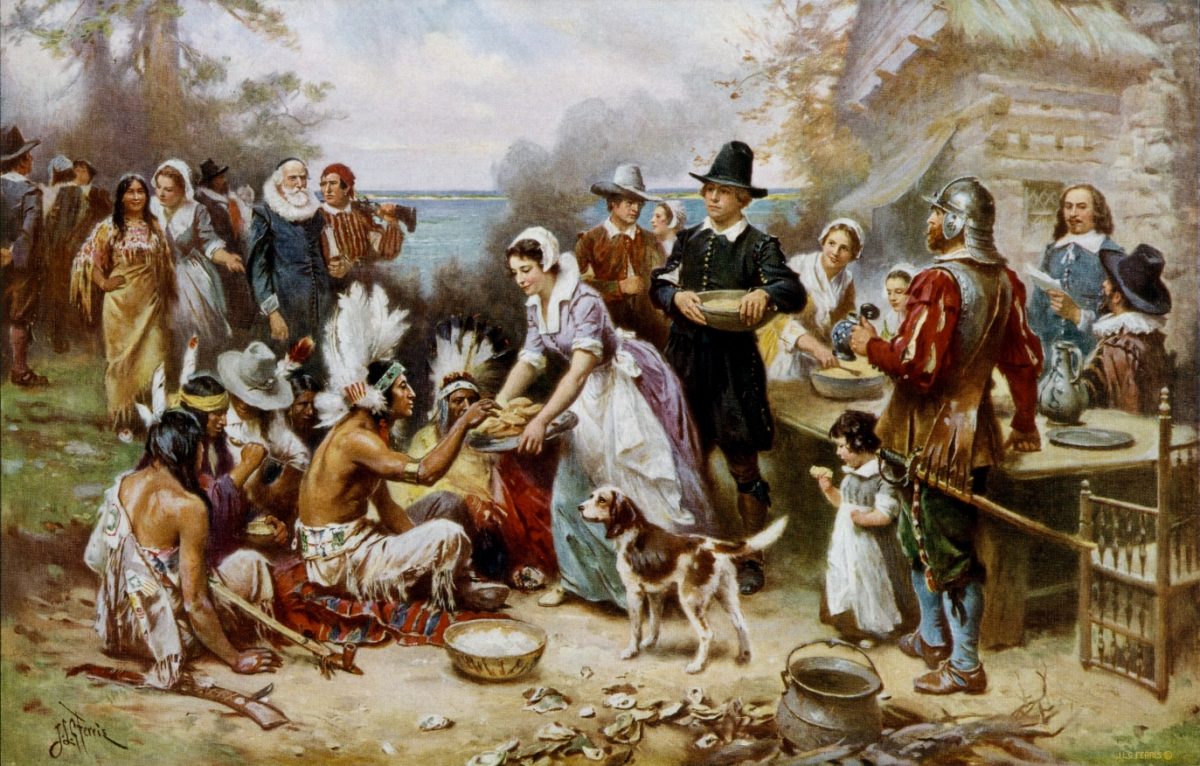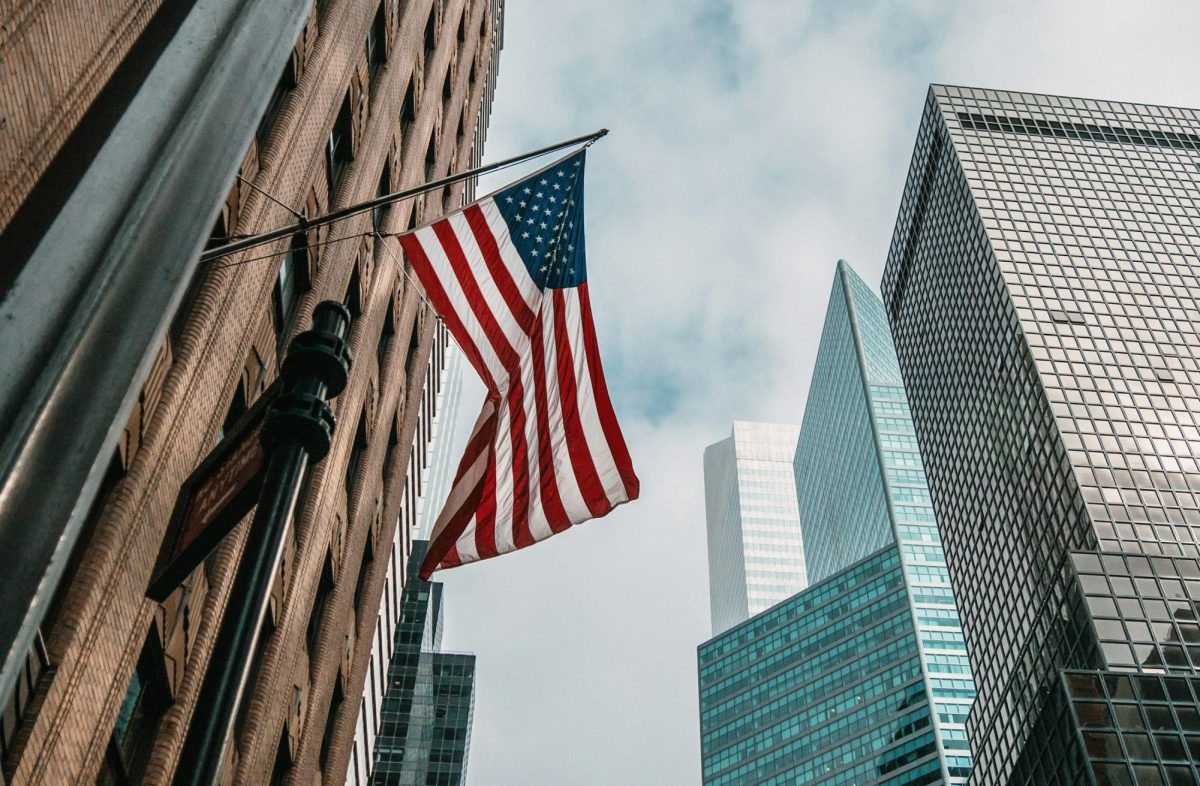Thanksgiving is a holiday deeply rooted in gratitude and community. Its origins trace back to 1621, when English Pilgrims at Plymouth Colony shared a three-day feast with the Wampanoag people, marking a successful harvest and mutual aid during a challenging time. While the event is often romanticized as a harmonious gathering, historians note the complex and sometimes strained relationships between Indigenous peoples and European settlers. The idea of Thanksgiving as a national holiday began in the 19th century, thanks to the persistent advocacy of Sarah Josepha Hale, who believed it could unite the nation during turbulent times.
In 1863, during the Civil War, President Abraham Lincoln proclaimed Thanksgiving a national holiday, emphasizing themes of unity and gratitude. Today, the holiday is celebrated with family gatherings, feasts featuring turkey and seasonal dishes, and traditions like parades and football games. However, for many Indigenous people, Thanksgiving is also a time of reflection and mourning, as it serves as a reminder of colonization and its lasting impact.



